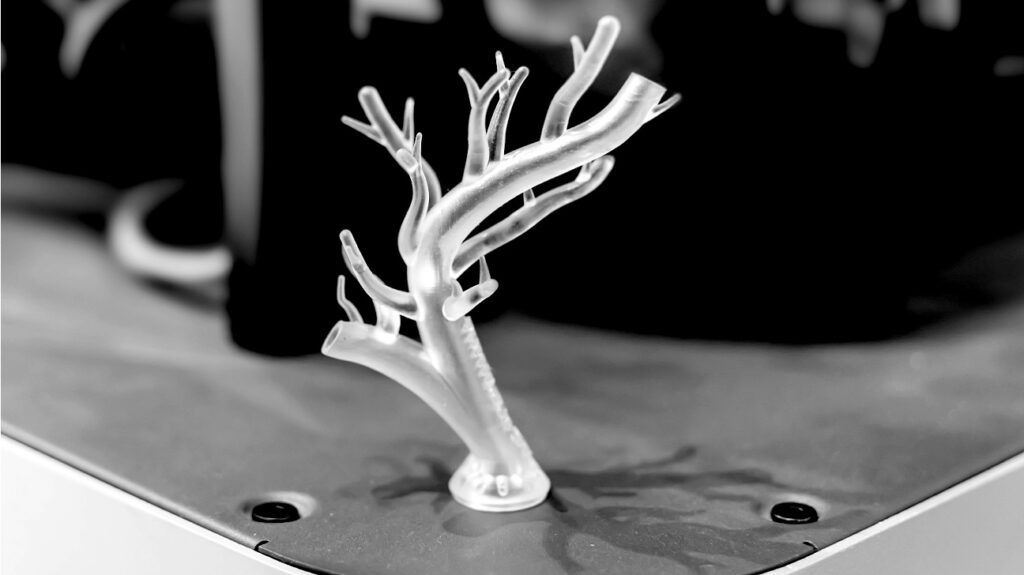Progress in Managing Chronic Rhinosinusitis Shows Promising Trends

Recent research reveals significant improvements in the management and severity of chronic rhinosinusitis over the past five years, highlighting advancements in diagnosis and treatment strategies.
Recent studies indicate that the management and treatment outcomes of chronic rhinosinusitis (CRS) are showing significant improvement over the past five years. According to a comprehensive retrospective analysis published in Biomedical Reports, patients diagnosed with CRS between 2017 and 2023 experienced marked reductions in disease severity, as evidenced by lower Lund-Mackay scores which measure sinonasal inflammation.
This decline in inflammation and symptom severity appears to be linked to advancements in clinical practices, early detection, and perhaps improved imaging techniques. The research team, led by Jun Wang from The Second Hospital of Shanxi Medical University in Taiyuan, China, evaluated 120 patients at two points in time and observed notable improvements particularly in the osteomeatal complex and frontal sinuses.
The analysis revealed a shift from diffuse to localized mucosal thickening, with less mucosal remodeling and osteitis, implying that modern interventions may effectively reduce chronic inflammatory responses. Interestingly, there were no significant changes in anatomical variations such as nasal septum deviations or middle turbinate pneumatization, pointing towards external factors like refined treatment strategies being responsible for disease mitigation.
The study authors suggest that integrating advanced imaging and molecular techniques in prospective research could further enhance understanding of CRS trends and assist in optimizing diagnostic and therapeutic approaches. Overall, these findings underscore a positive trajectory in CRS management, potentially benefiting countless patients suffering from this persistent condition.
For further details, refer to the study: Jun Wang et al., 'Changes in chronic rhinosinusitis: A retrospective analysis of computed tomography imaging and inflammatory changes over a 5-year interval,' Biomedical Reports, 2025. [DOI: 10.3892/br.2025.2018].
Source: https://medicalxpress.com/news/2025-07-chronic-rhinosinusitis.html
Stay Updated with Mia's Feed
Get the latest health & wellness insights delivered straight to your inbox.
Related Articles
Innovative Approaches to Slowing and Reversing Heart Aging
Scientists have developed a new hybrid biomaterial targeting the extracellular matrix to potentially slow or reverse heart aging, opening new avenues for cardiovascular therapies and heart health maintenance.
Revolutionizing Medicine Safety and Repurposing with AI-Driven Consumer Data Analysis
Monash University researchers harness AI to uncover hidden patterns in prescription data, enhancing drug safety and discovering new therapeutic uses through advanced data analysis.
Including Extenders in Medical Articles Significantly Boosts Reader Engagement
Studies show that medical articles enhanced with digital extenders like infographics and videos receive over twice the number of views, emphasizing the importance of accessible research dissemination.



